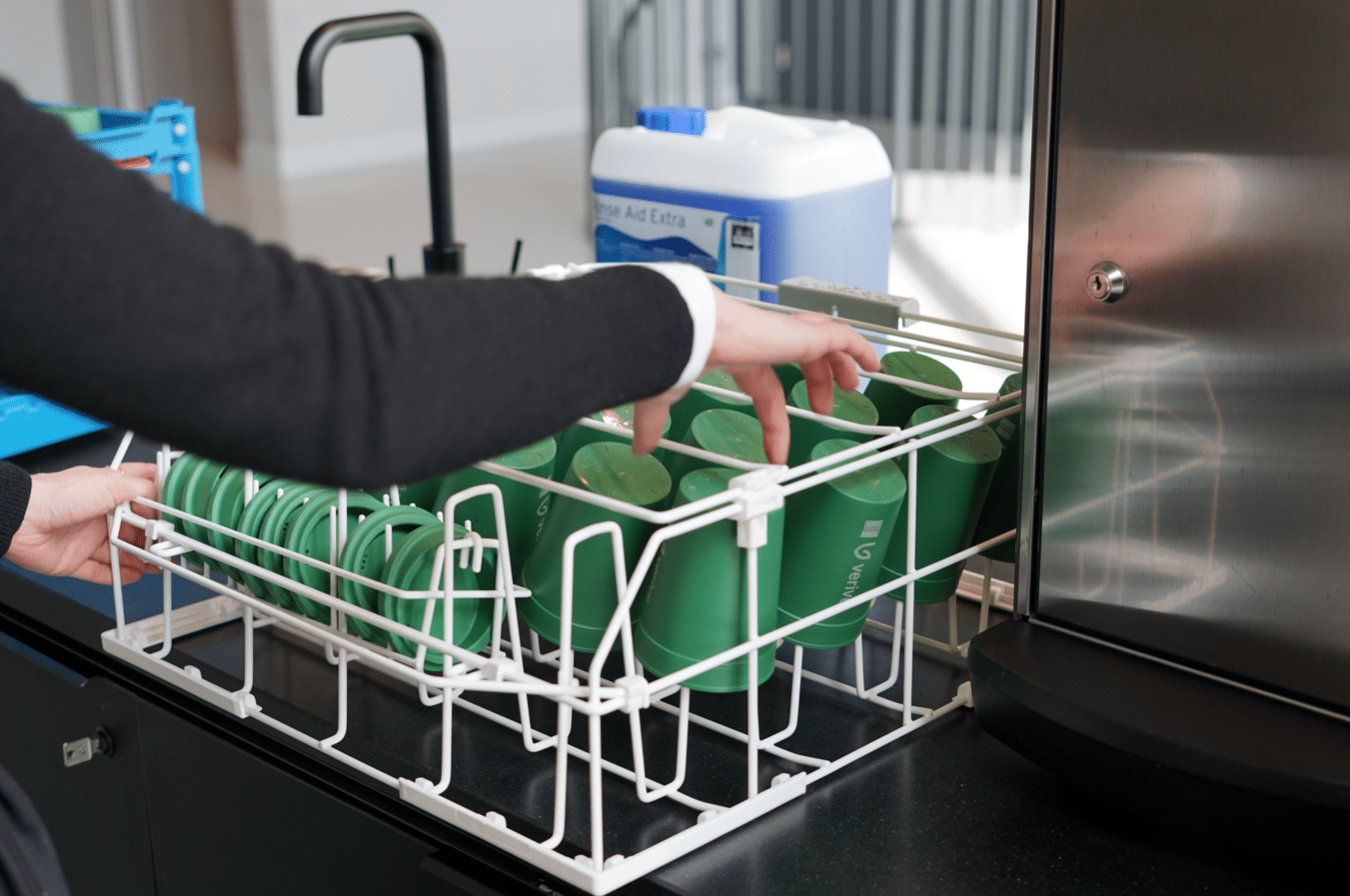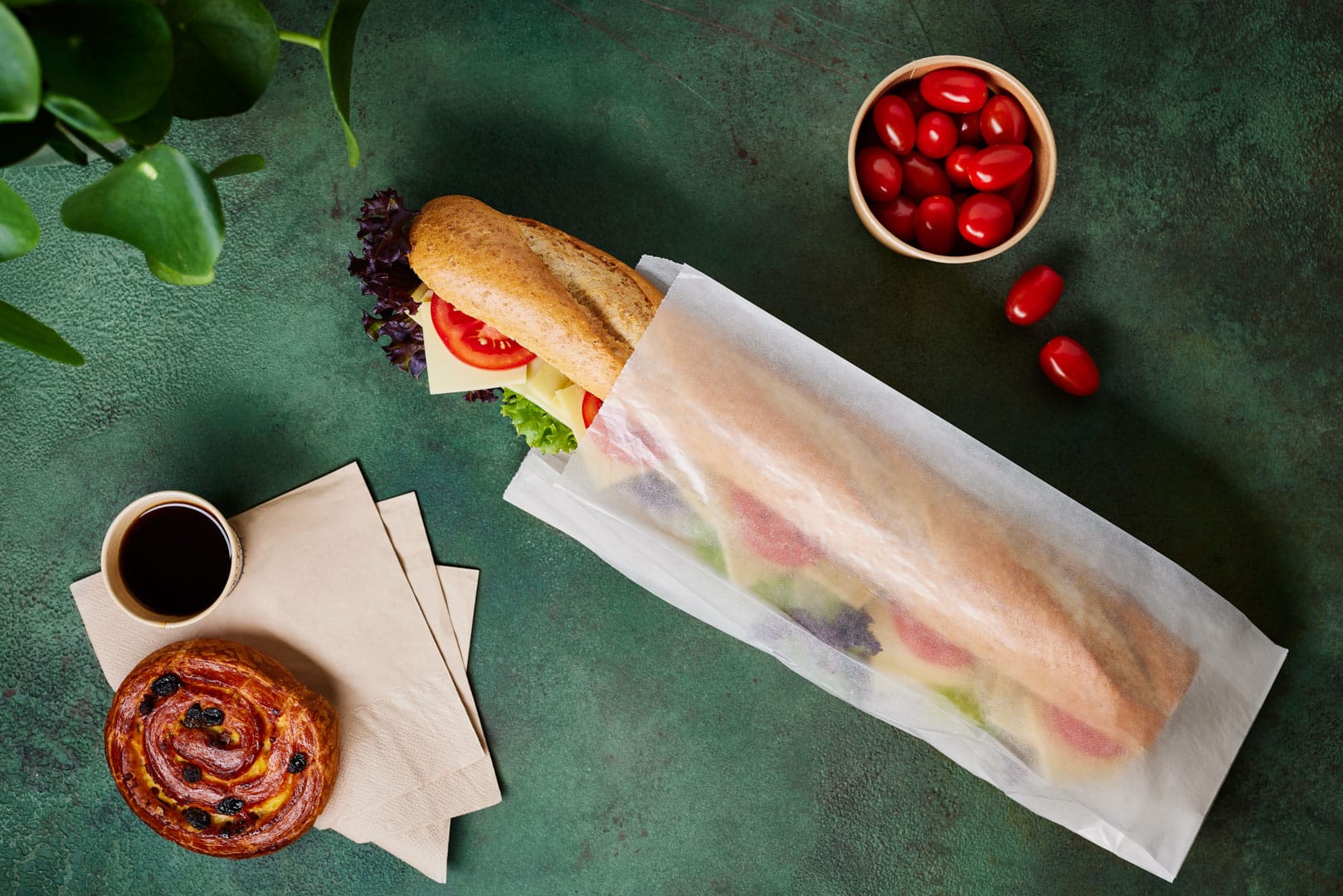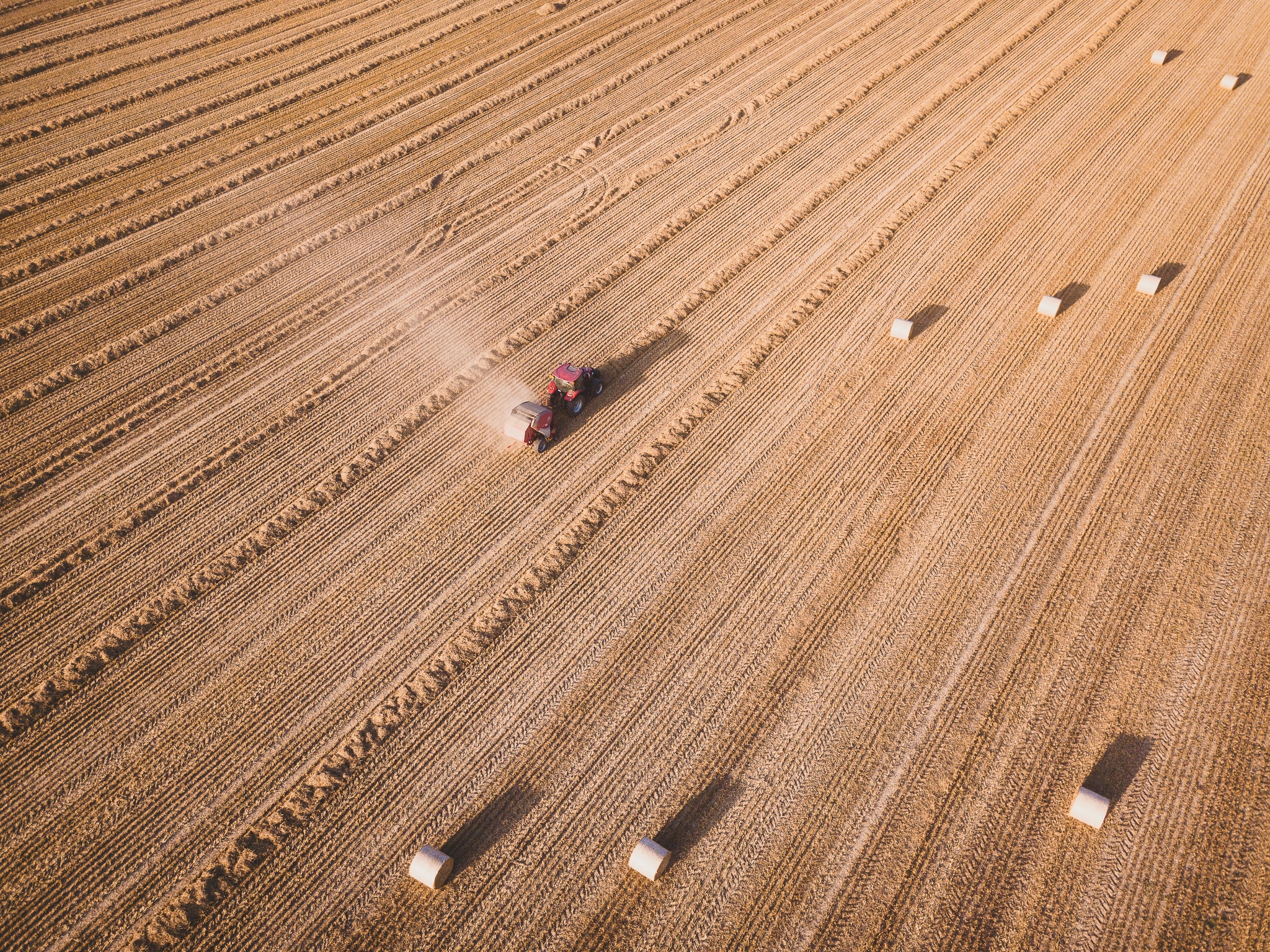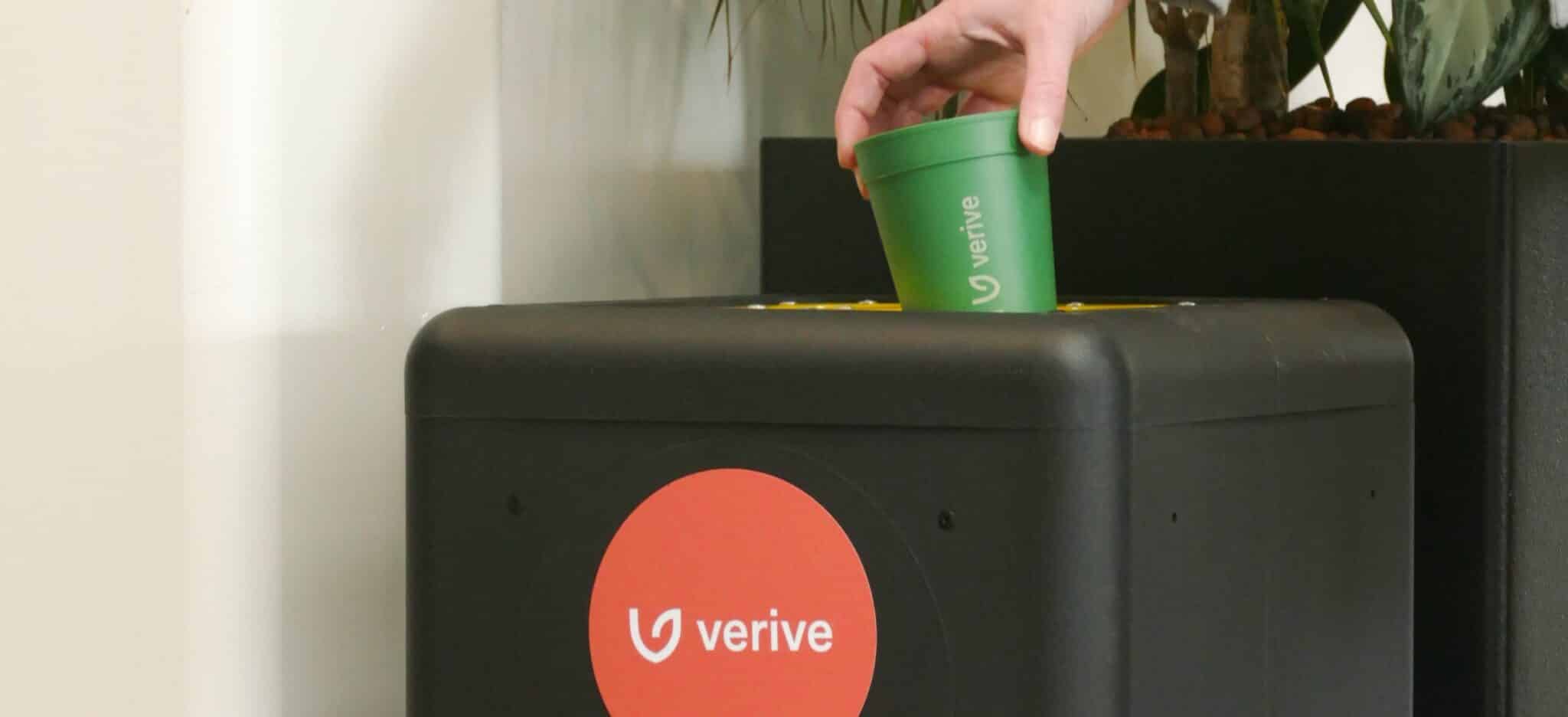About this article
Food waste harms the planet – and your business’s bottom line. Learn how restaurants and other catering services can reduce their food waste footprint, while also saving money.
The amount of food we waste is on the rise – and this is bad news for the environment. Agricultural practices, the loss of forests for farming, and the transportation of food products means that food production is a major source of greenhouse gas emissions. Wasting food causes these emissions to be higher than they need to be. And, once discarded, food waste goes on to release the harmful greenhouse gas methane.
The size of the problem
In Europe, a shocking 20% of the food produced – around 173 kg per person – goes to waste. The hospitality industry is a big culprit, with food services estimated to contribute 12% of Europe’s food waste.
The cause? Food waste can happen at any point after food ingredients arrive in the kitchen of a hospitality business. Food can spoil because it’s not used quickly enough or organised effectively; customers may not eat all the food that’s served to them; and businesses might order the wrong quantities of food for the number of orders made.
A smart investment
Avoiding food waste isn’t just beneficial for the environment. Businesses themselves can reap the rewards: a review of businesses across 70 countries showed that nearly all saw a positive financial return when they invested in reducing food waste. And restaurants specifically saw a seven-fold return on investment.
These findings may not come as a surprise: wasted food means wasted money. The cost of buying ingredients, hiring labour to prepare them, and then disposing of the unused food as waste all add up. Reducing food waste means reducing these bills, and boosting your profits.

7 ways to reduce your business’s food waste
There are many ways to tackle food waste in your catering business, some more obvious than others. And while any reduction in your food waste can save you money, there are also options that could even bring in additional income.
✔️ Manage food stocks effectively
Be rigorous with the amount of food you order and how you store it. Analyse your current usage and waste across different days, times and seasons, and adjust your ordering to better match what you need. Store ingredients and leftovers properly, refrigerating where necessary and ensuring hot food has cooled fully before storing. Label everything carefully, to limit guesswork when it comes to expiration dates so that nothing is discarded before it needs to be.
✔️ Reduce portions
Assess your portion sizes by observing how much food customers tend to leave on their plates or ask to take home in a doggy bag. Ask them their opinion – is the portion size bigger than they really want? Reducing your portion sizes can limit waste while also costing you less.
Also consider the size of your plates or serving boxes, as larger dinnerware – particularly in the case of self-service restaurants – has been found to lead to more food waste.
✔️ Train your employees
With the right information and guidance, everyone in your business has the power to be part of the solution. Kitchen staff can adjust their recipes and portions, and waiting staff can gather customers’ feedback as well as offering ‘doggy bags’ for customers to take home their leftovers. Reach out to our expert team to learn more about how training can help create a culture of sustainability in your business.
✔️ Update your menu
Design your menu with leftovers in mind. Plan dishes that can make use of ingredients that aren’t used for less popular dishes, and even the offcuts and peel that you don’t usually use. This could include anything from soups and salads to cakes, crisps and omelettes – find recipe suggestions from chefs Maurice McGeehan and Dan Barber. And take inspiration from the world’s first zero waste restaurant, Silo. Always follow these tips to use leftovers safely.
Use the same ingredients across multiple dishes as well, so that if an ingredient isn’t used up for one dish, it can easily be used in another. Bulk buying can also save you money. However, be wary of buying more than you can use and creating extra food waste.
✔️ Use ‘less beautiful’ produce
Learn from German catering company Culinary Misfits, who deliberately make use of wonky or ‘wrongly sized’ fruit and vegetables. This supports the principle of using the ‘whole harvest’, and prevents these otherwise unwanted (but perfectly edible) vegetables from going to waste. Find misshapen vegetables at local markets or even through your existing supplier – they may even be cheaper to buy than your usual stock.
✔️ Find food a new home
Offer your staff a free meal if you have excess portions that need eating, to reduce food waste while also making your employees feel appreciated. Many charities will also collect leftover meals or unused ingredients from your premises and distribute them to those in need – check online for charities operating in your area and how to work with them.
You can also join over 32,000 restaurants, 15,000 bakeries and 1,000 hotels on anti-food waste app Too Good to Go. Customers pay for your leftover meals, so you can make money while reducing food waste. The app has so far saved more than 19 million meals from being wasted from restaurants alone.
✔️ Compost your waste
If you still have food waste that can’t be used to prepare meals, minimise the harm it causes once you have discarded it. The best option is to compost your raw plant-based scraps on site, which removes the need for additional transport for your food waste. For cooked or processed food waste, ensure that it is collected as food waste rather than general waste for landfill – this means it will be turned into useful compost or biogas at an industrial facility.
Be part of the solution
Making change can be challenging. But being part of the solution to this growing global problem is an exciting opportunity for any business, to support the environment and boost your bottom line.
What are your tips for cutting food waste? Get in touch with your ideas, so we can share them widely and help more businesses tackle the food waste crisis.










